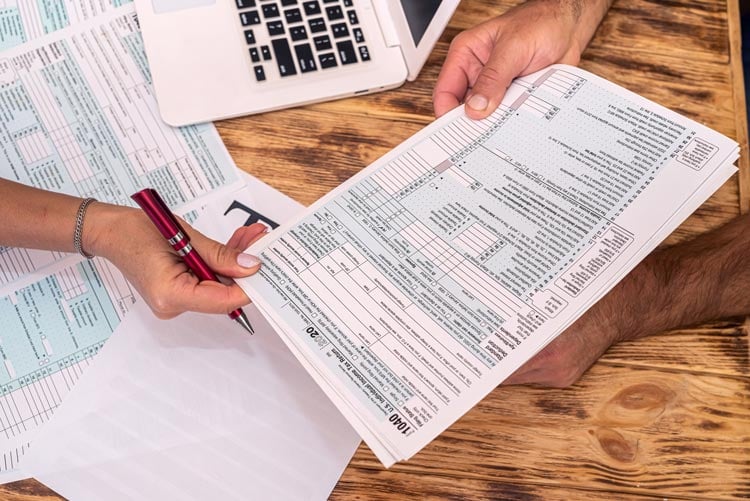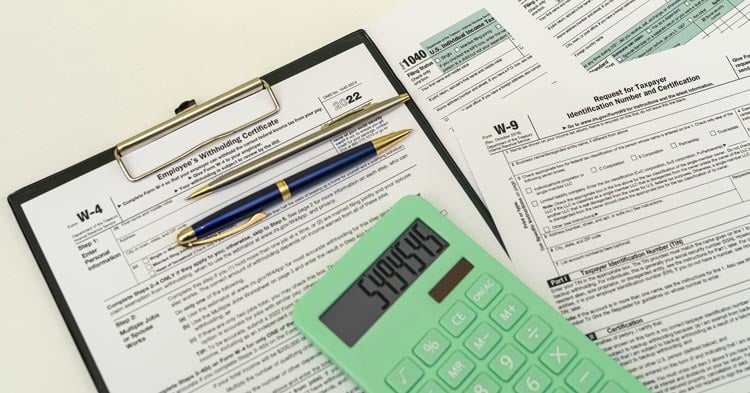Page 9 81 - 90 of 278
What is a Transfer Tax in Real Estate?

A transfer tax is imposed by state or local governments when property ownership is transferred from one party to another.
When Do I File Form 8824?

IRS Form 8824 is a form submitted to the IRS when a like-kind exchange takes place in real estate investing. A like-kind exchange, also referred to as a 1031 exchange, is when an investor exchanges one investment property for another similar property, potentially deferring capital gains taxes under section 1031 of the IRS code.
What Happens If You Don't Pay Your Deferred Taxes?

Tax management is an essential component of financial planning for many taxpayers. There are several possible reasons to favor deferring taxes and more than one tool for doing so. Taxpayers may seek to defer income taxes or capital gains taxes. In each case, deferral does not equate to elimination, although it is possible to legally eradicate capital gains taxes in some cases.
How to File Estate Taxes

When someone dies and transfers physical and monetary assets to their heirs, those assets may be subject to an estate tax. A vast majority of Americans won’t have to worry about paying estate taxes. The federal estate tax exemption in 2023 is $12.92 million, so unless you are leaving your heirs property, cash, stocks, and other assets with a fair market value greater than that amount, your heirs won’t have to worry about estate taxes.
What Sources of Income are Subject to Double Taxation for Businesses?

Forming a business is usually a simple process that can be completed in a few minutes through your state’s Secretary of State website.
What Triggers Depreciation Recapture?

Investment property owners are likely quite familiar with depreciation, since it allows them to deduct certain costs associated with acquiring and improving income-producing real estate, which can lead to lower annual taxable income.
How Do You Calculate Gross Profit Using Installment Sales?

In previous blogs, we’ve discussed ways to defer capital gains taxes. A couple of examples are using the 1031 exchange or tax-loss harvesting.
What is Cap Rate Compression?

Real estate investors seeking potential places to park their investment capital often examine cap rates to determine the viability of investment opportunities.
What is Constructive Receipt?

Constructive Receipts are cash transactions and can have negative IRS consequences if not processed correctly. By cash transactions, we mainly mean physical checks. When a company receives a check, there is a delay until the money appears in the company’s bank account. This process is where constructive receipts come in.
How to Use the Tax Code to Keep Your Real Estate Wealth Stable During Retirement

Realized CEO and co-founder David Wieland discusses in CPA Practice Advisor how investors can utilize a 100-year-old tax shelter to exit actively managed properties and reinvest the proceeds into passive real estate investments such as DSTs.
Page 9 81 - 90 of 278


